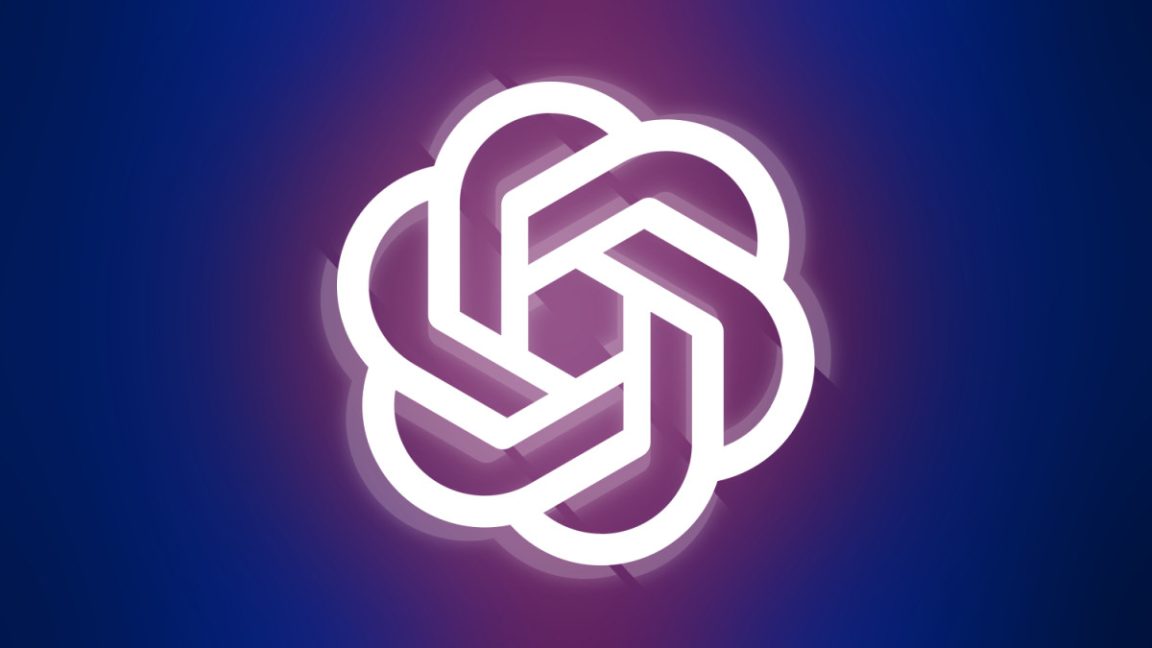ChatGPT can now remember and reference all your previous chats
LLMs
ChatGPT can now remember and reference all your previous chats
Before, ChatGPT just remembered a few facts. Now it can remember much more.
Samuel Axon
–
Apr 10, 2025 6:50 pm
|
11
OpenAI's ChatGPT is adding major new features.
Credit:
Benj Edwards / OpenAI
OpenAI's ChatGPT is adding major new features.
Credit:
Benj Edwards / OpenAI
Story text
Size
Small
Standard
Large
Width
*
Standard
Wide
Links
Standard
Orange
* Subscribers only
Learn more
OpenAI today announced a significant expansion of ChatGPT's customization and memory capabilities. For some users, it will now be able to remember information from the full breadth of their prior conversations with it and adjust its responses based on that information.
This means ChatGPT will learn more about the user over time to personalize its responses, above and beyond just a handful of key facts.
Some time ago, OpenAI added a feature called "Memory" that allowed a limited number of pieces of information to be retained and used for future responses. Users often had to specifically ask ChatGPT to remember something to trigger this, though it occasionally tried to guess at what it should remember, too. (When something was added to its memory, there was a message saying that its memory had been updated.)
Users could enable or disable this feature at will, and it was automatically off for specific chats where users chose the "Temporary Chat" option—sort of ChatGPT's version of incognito mode.
The new improvements announced today go far beyond that.
Now, where there was once a checkbox in ChatGPT's interface to disable or enable memory tracking, there are two checkboxes. "Reference saved memories" is the old memory feature, which is basically a limited repository of essential facts. The second is the new feature: "reference chat history." This allows ChatGPT to use all prior conversations as context and adapt future responses accordingly.
Unlike the older saved memories feature, the information saved via the chat history memory feature is not accessible or tweakable. It's either on or it's not.
The new approach to memory is rolling out first to ChatGPT Plus and Pro users, starting today—though it looks like it's a gradual deployment over the next few weeks. Some countries and regions (the UK, European Union, Iceland, Liechtenstein, Norway, and Switzerland) are not included in the rollout.
OpenAI says these new features will reach Enterprise, Team, and Edu users at a later, as-yet-unannounced date. The company hasn't mentioned any plans to bring them to free users. When you gain access to this, you'll see a pop-up that says "Introducing new, improved memory."
The new ChatGPT memory options.
Credit:
Benj Edwards
Some people will welcome this memory expansion, as it can significantly improve ChatGPT's usefulness if you're seeking answers tailored to your specific situation, personality, and preferences.
Others will likely be highly skeptical of a black box of chat history memory that can't be tweaked or customized for privacy reasons. It's important to note that even before the new memory feature, logs of conversations with ChatGPT may be saved and stored on OpenAI servers. It's just that the chatbot didn't fully incorporate their contents into its responses until now.
As with the old memory feature, you can click a checkbox to disable this completely, and it won't be used for conversations with the Temporary Chat flag.
Samuel Axon
Senior Editor
Samuel Axon
Senior Editor
Samuel Axon is a senior editor at Ars Technica, where he is the editorial director for tech and gaming coverage. He covers AI, software development, gaming, entertainment, and mixed reality. He has been writing about gaming and technology for nearly two decades at Engadget, PC World, Mashable, Vice, Polygon, Wired, and others. He previously ran a marketing and PR agency in the gaming industry, led editorial for the TV network CBS, and worked on social media marketing strategy for Samsung Mobile at the creative agency SPCSHP. He also is an independent software and game developer for iOS, Windows, and other platforms, and he is a graduate of DePaul University, where he studied interactive media and software development.
11 Comments


